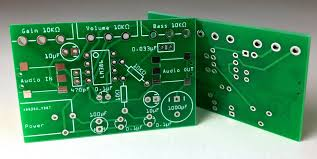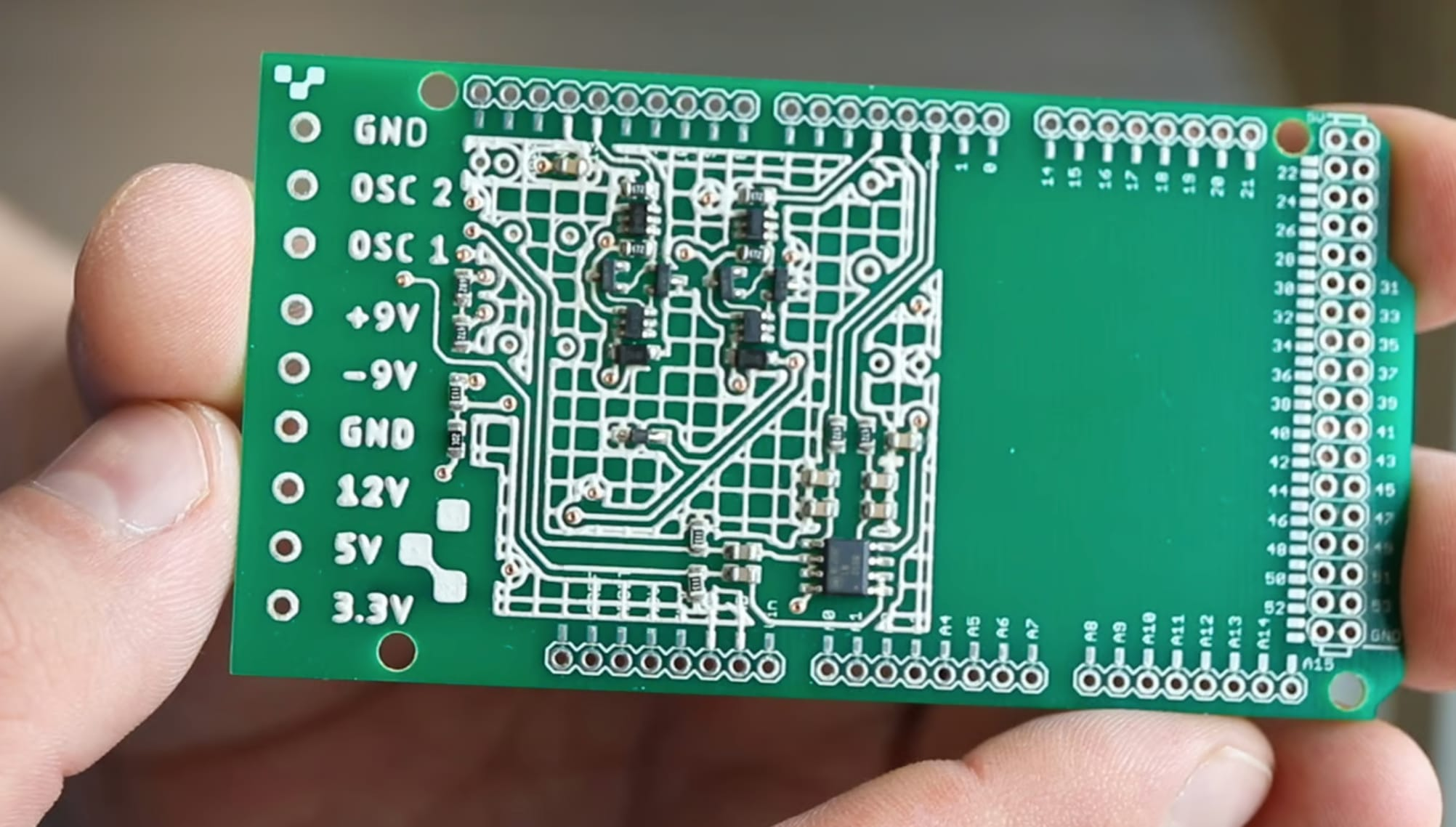The demand for custom printed circuit boards (PCBs) has surged in 2025, largely driven by the expansion of AI infrastructure, electric vehicles (EVs), 5G telecommunications, and Internet of Things (IoT) ecosystems. A forecast from Technavio estimates that the global PCB market will grow by approximately $26.8 billion between 2025 and 2029, reflecting the industry’s increasing complexity and scale.
The inspection equipment segment is also expanding rapidly. According to Market Research Future, the global PCB inspection equipment market is projected to grow from $11.34 billion in 2025 to $25.18 billion by 2034. The trend is fueled by the growing adoption of technologies like automated optical inspection (AOI), automated X-ray inspection (AXI), and solder paste inspection (SPI). Asia-Pacific dominates the global landscape, accounting for more than 70% of PCB inspection equipment demand, with China, Japan, South Korea, and Taiwan leading the charge.
Technological innovation is playing a pivotal role. AI-enhanced defect detection has emerged as a promising solution for quality assurance in high-speed production. Notably, academic research on ensemble learning and GAN-augmented YOLOv11 has demonstrated impressive accuracy—reaching over 95% in detecting PCB anomalies across varying board types. These tools are not only improving inspection precision but also enabling more intelligent production scheduling.
New multi-layer board designs are also advancing quickly. Japanese manufacturer OKI recently announced the development of a 124-layer high-precision PCB, which it plans to mass-produce by October 2025. These boards are tailored for use in next-generation semiconductor testing equipment and are a response to the rapidly increasing need for high-bandwidth and miniaturized electronic circuits.
In this dynamic environment, the PCB industry is characterized by rising production volumes, a strong focus on quality control, the emergence of highly integrated circuit layers, and ongoing efforts to adopt AI and automation. These shifts underscore how custom PCB production is becoming central to technological innovation across sectors—from automotive to consumer electronics.
Post time: Jul-09-2025






